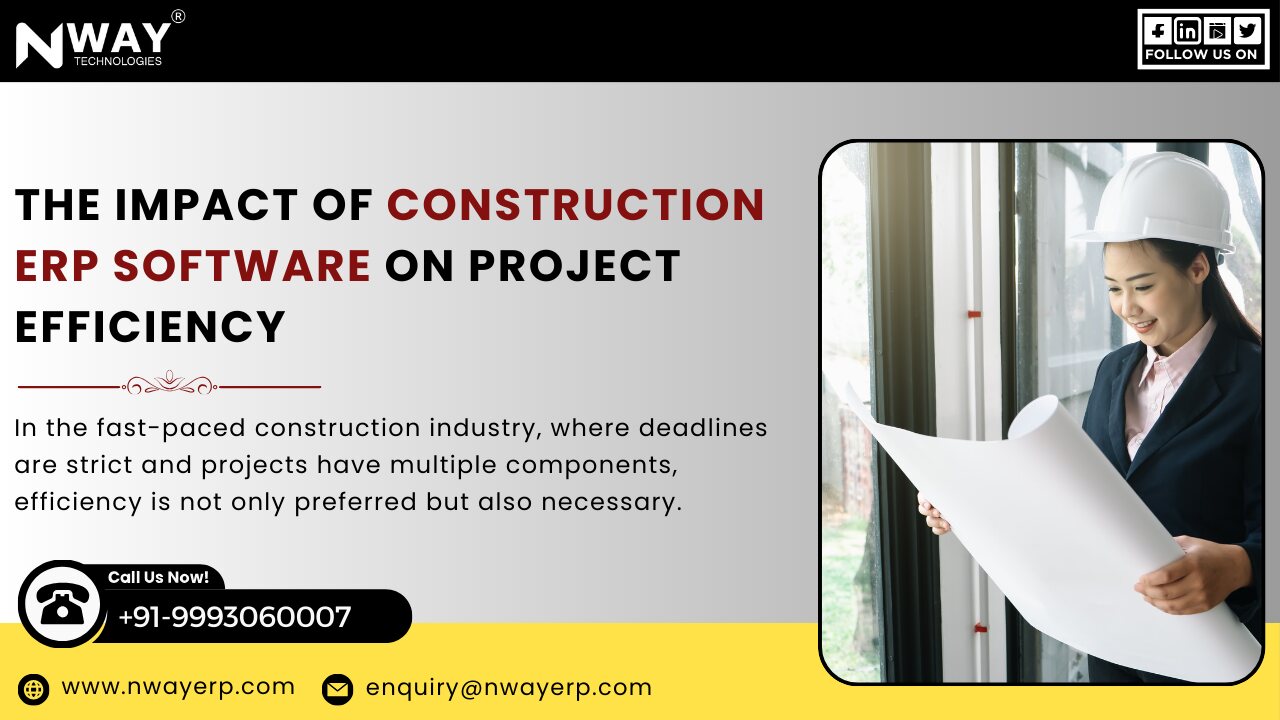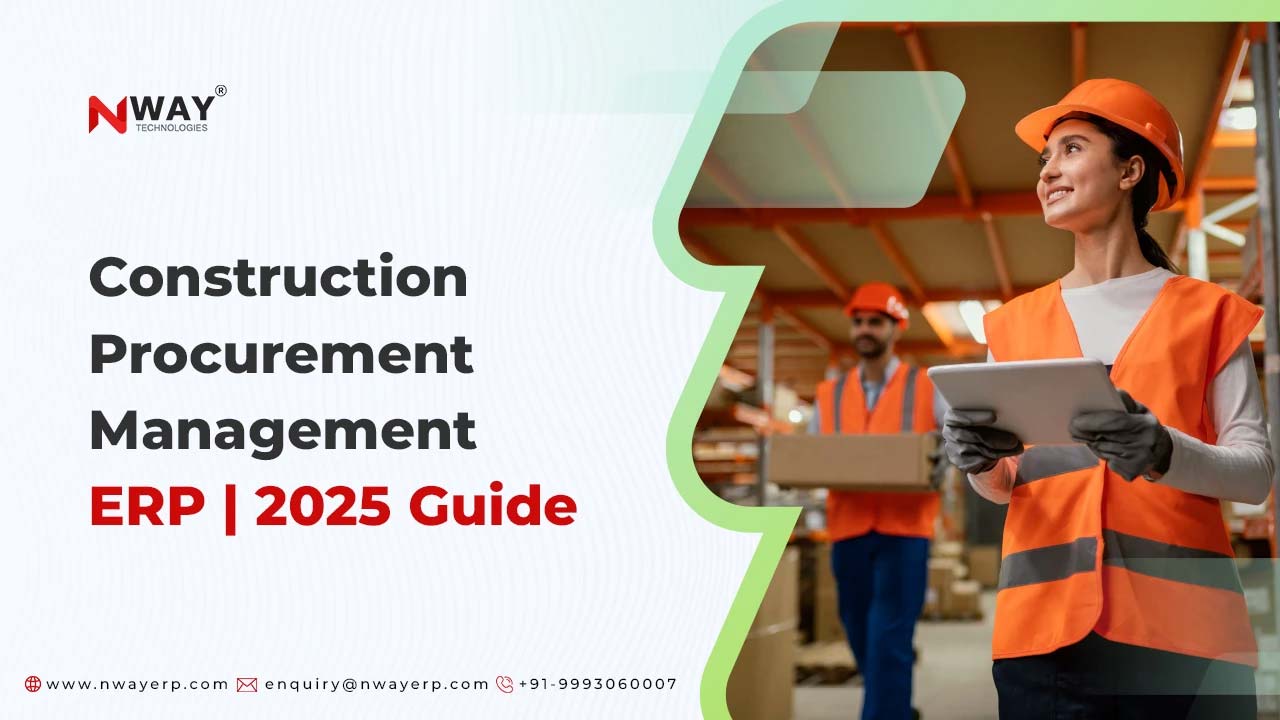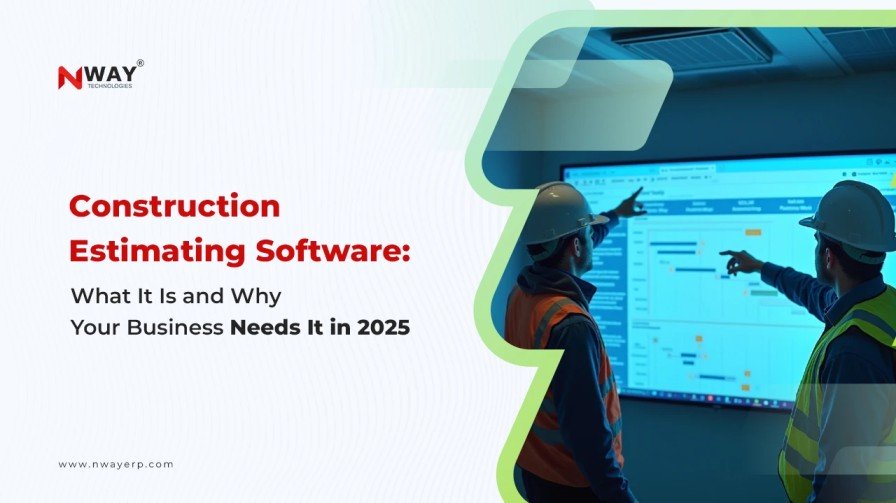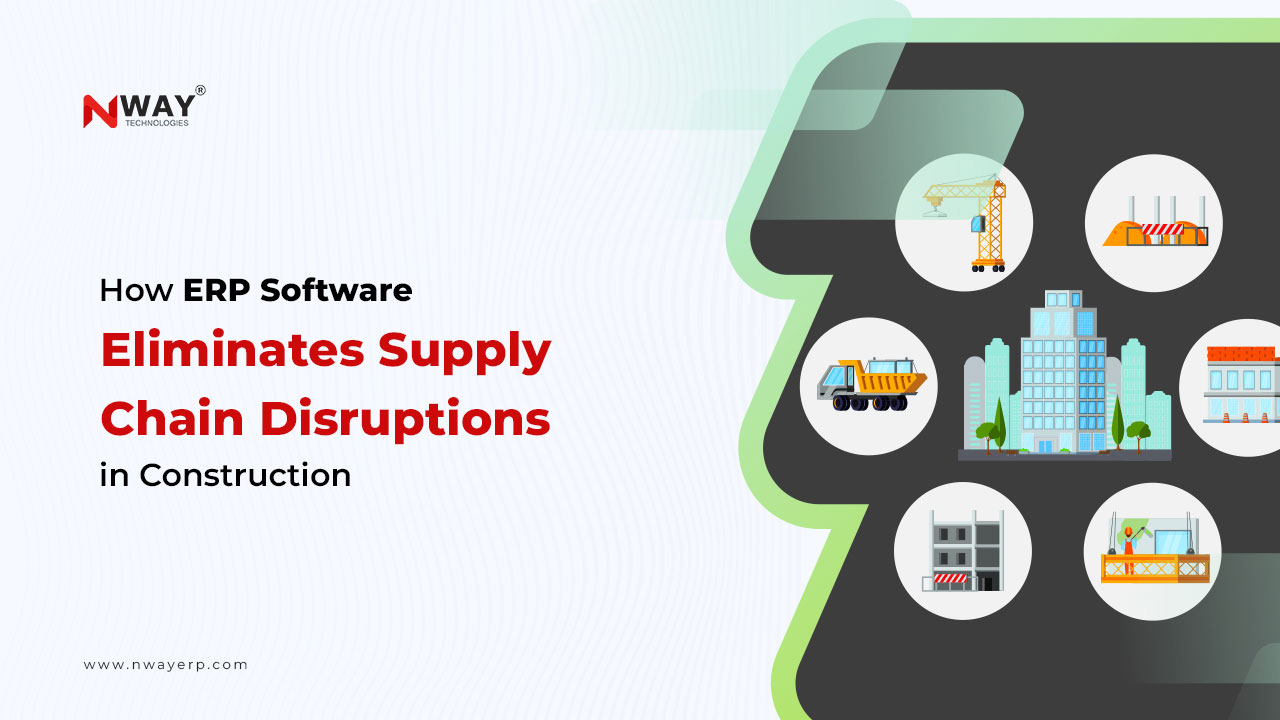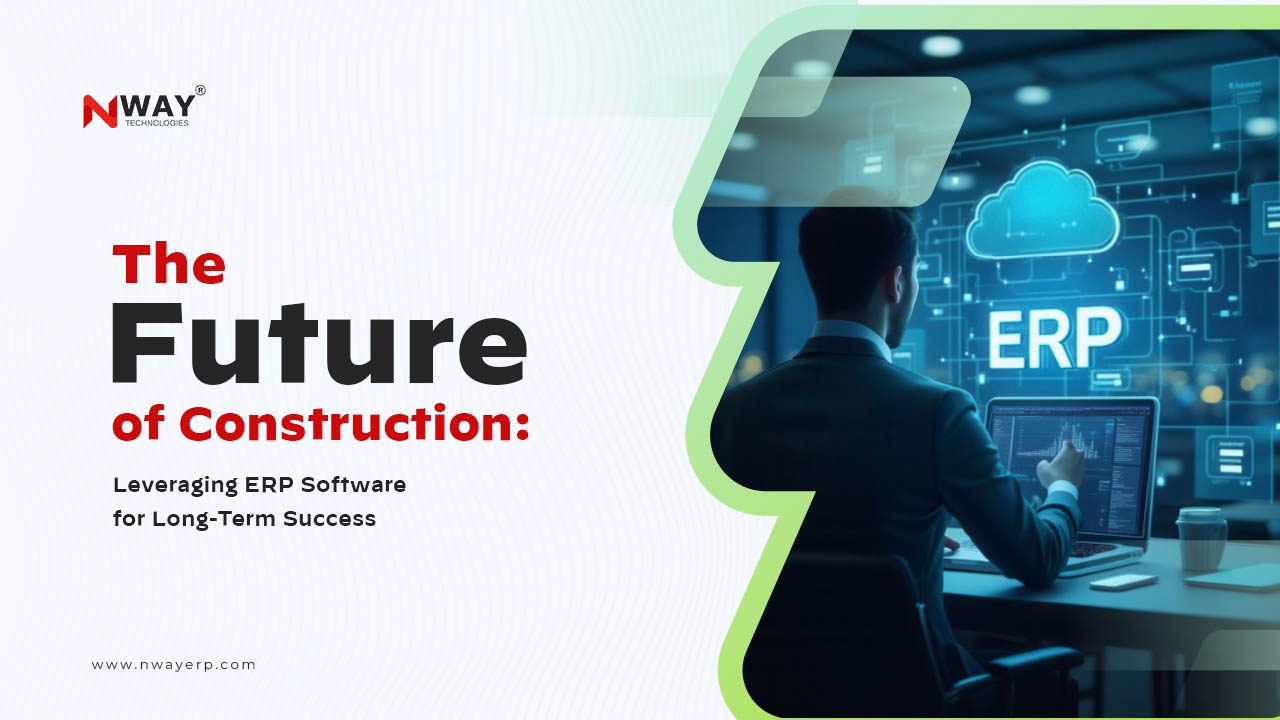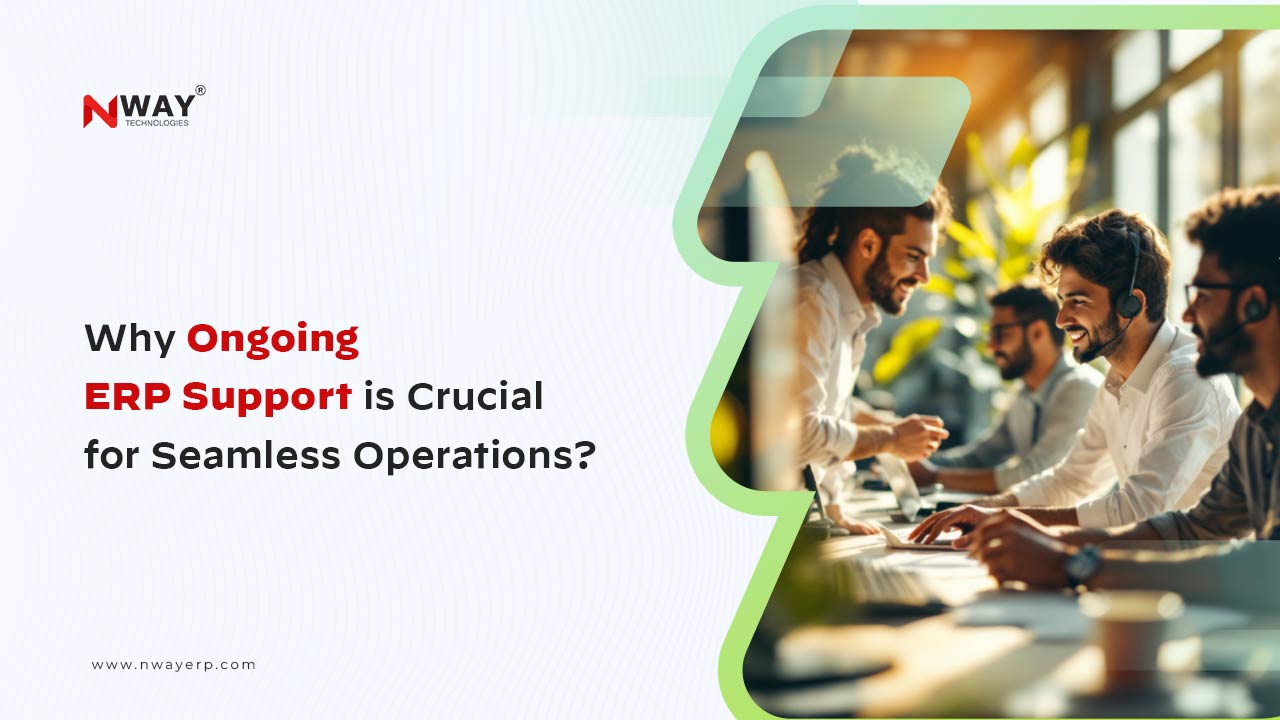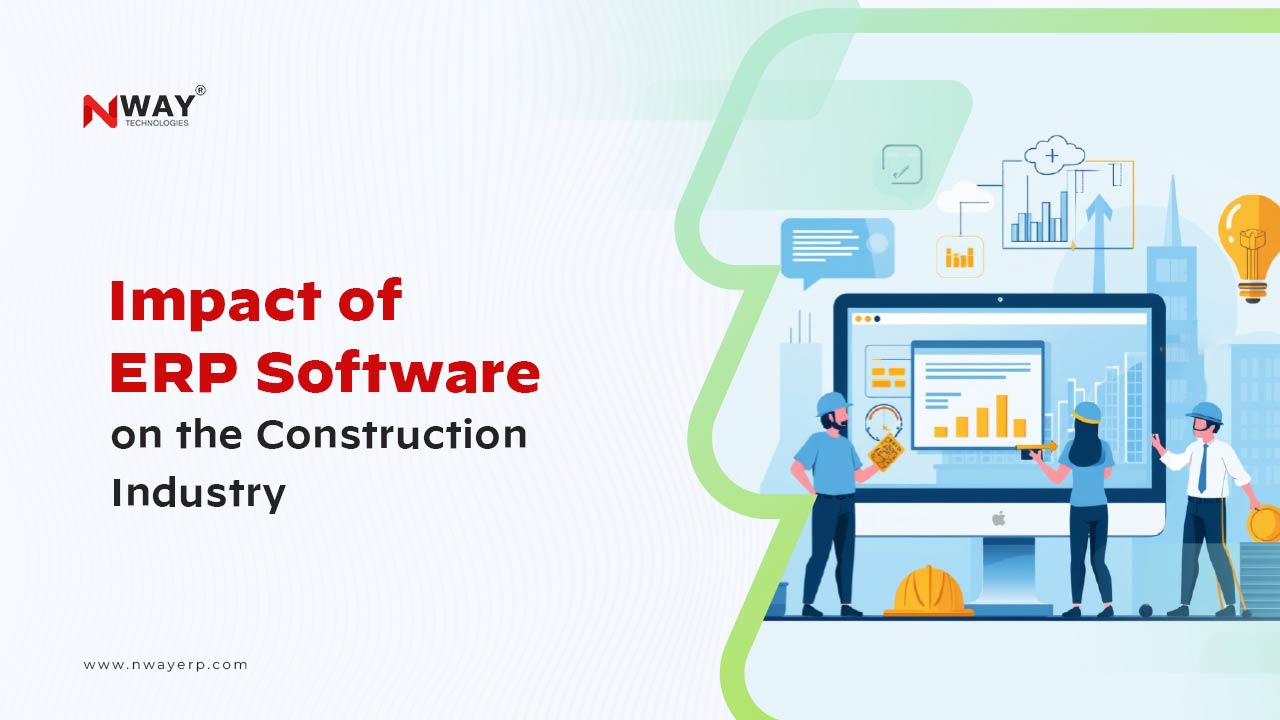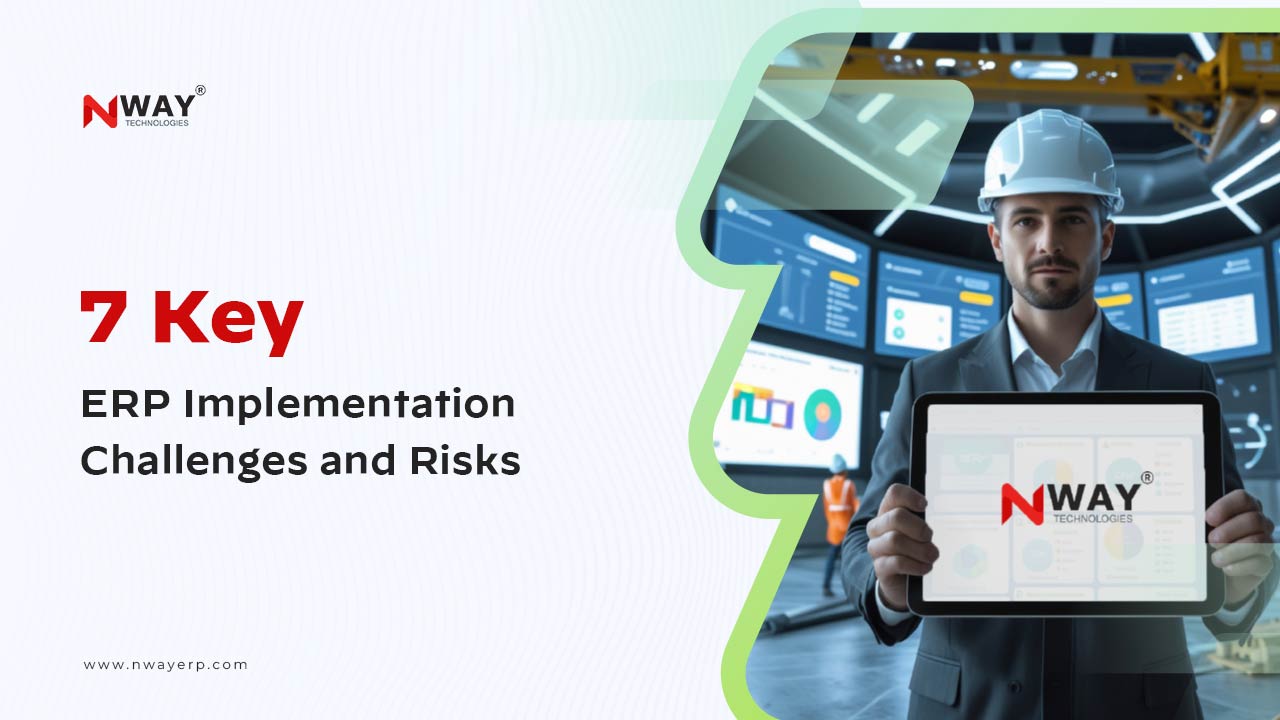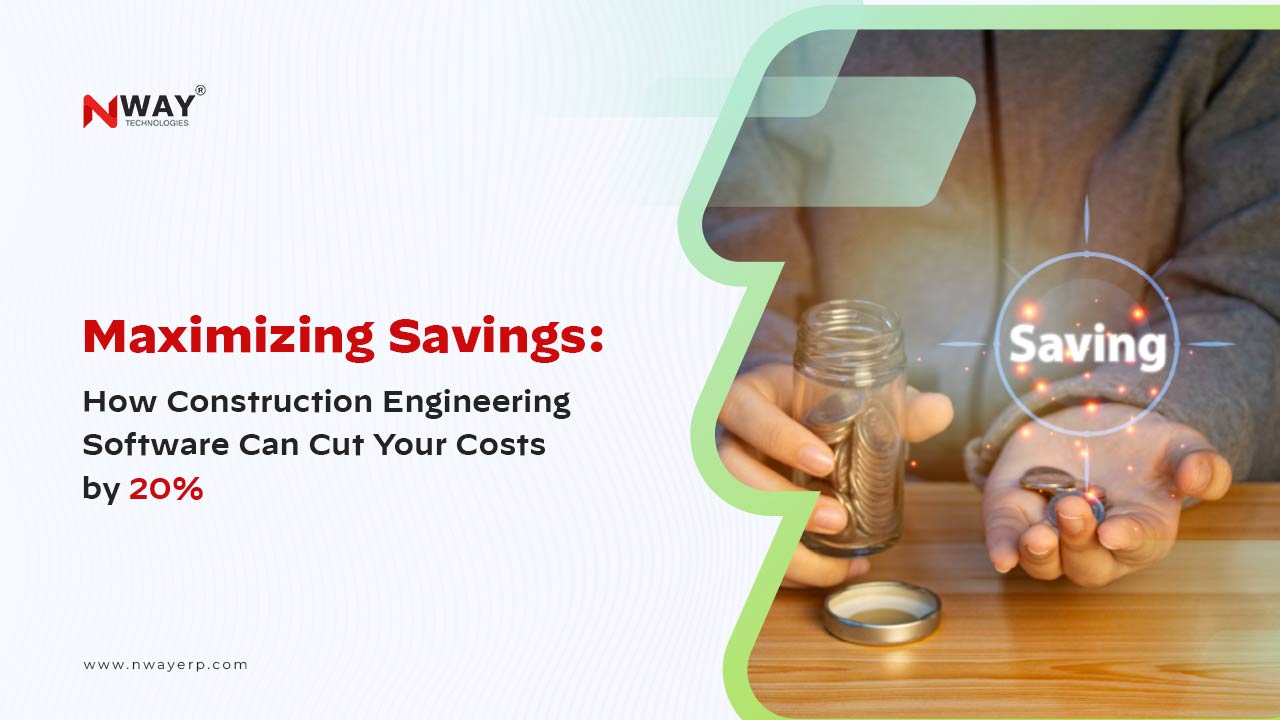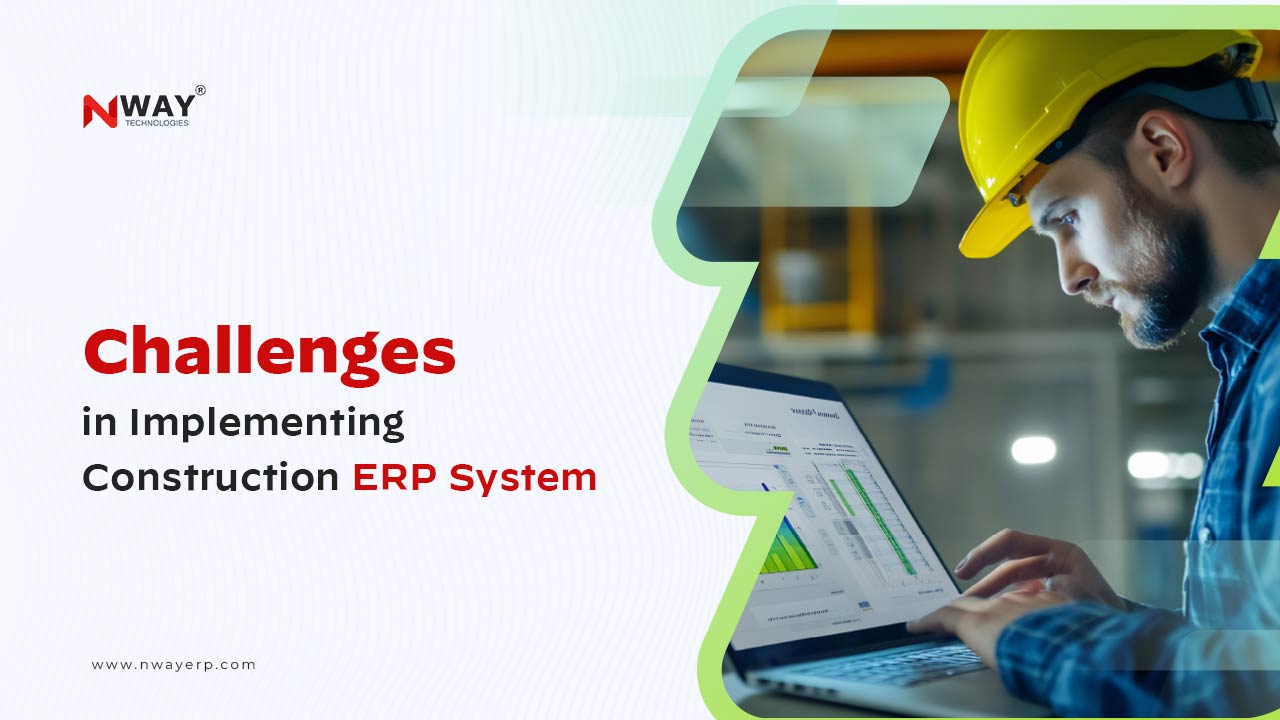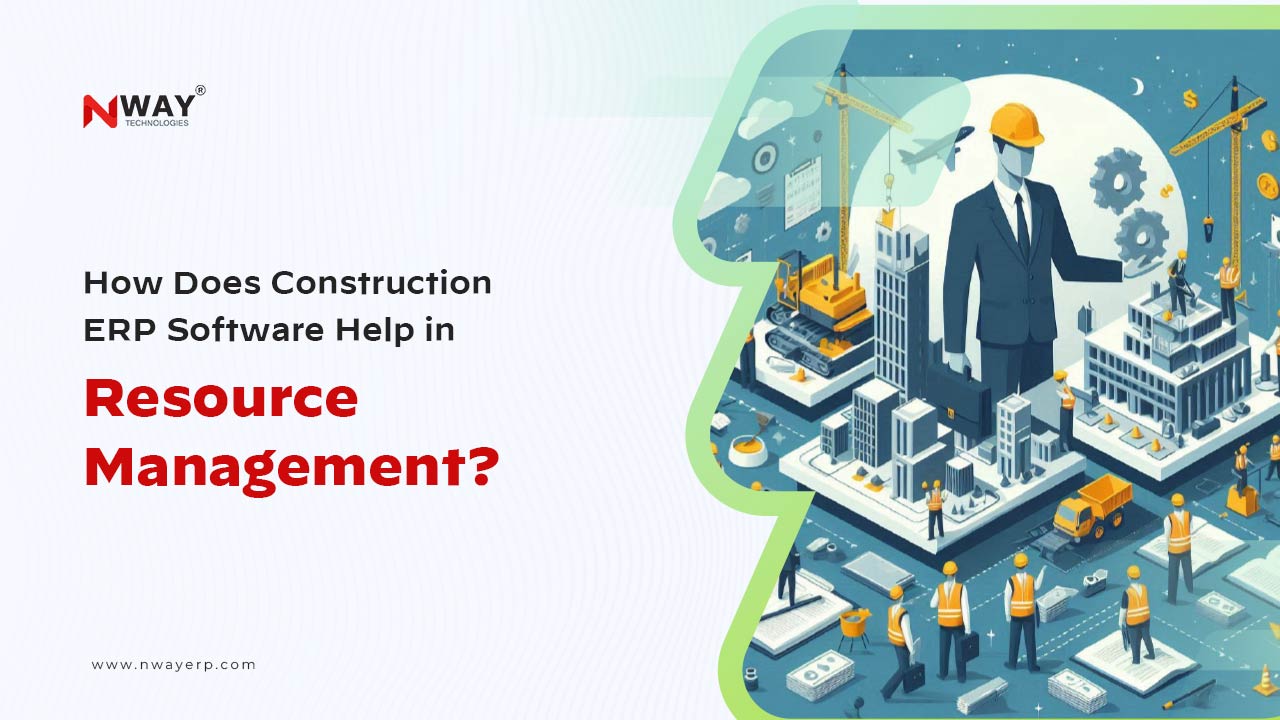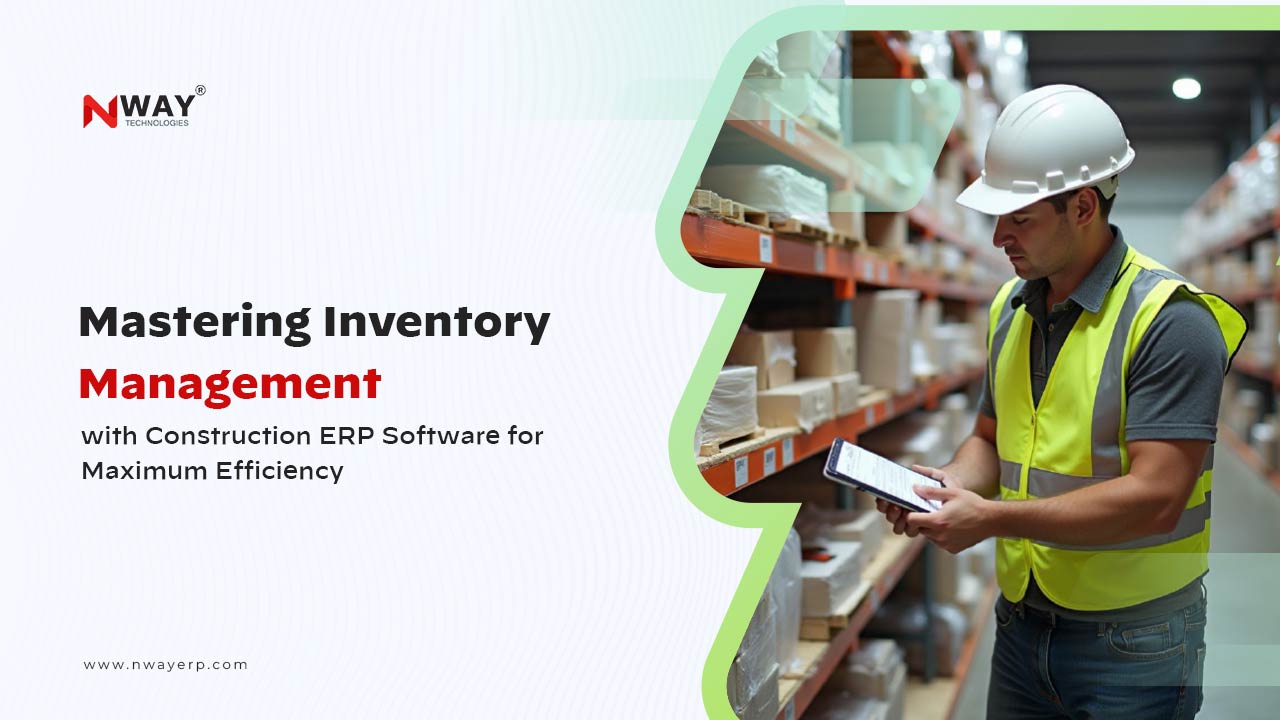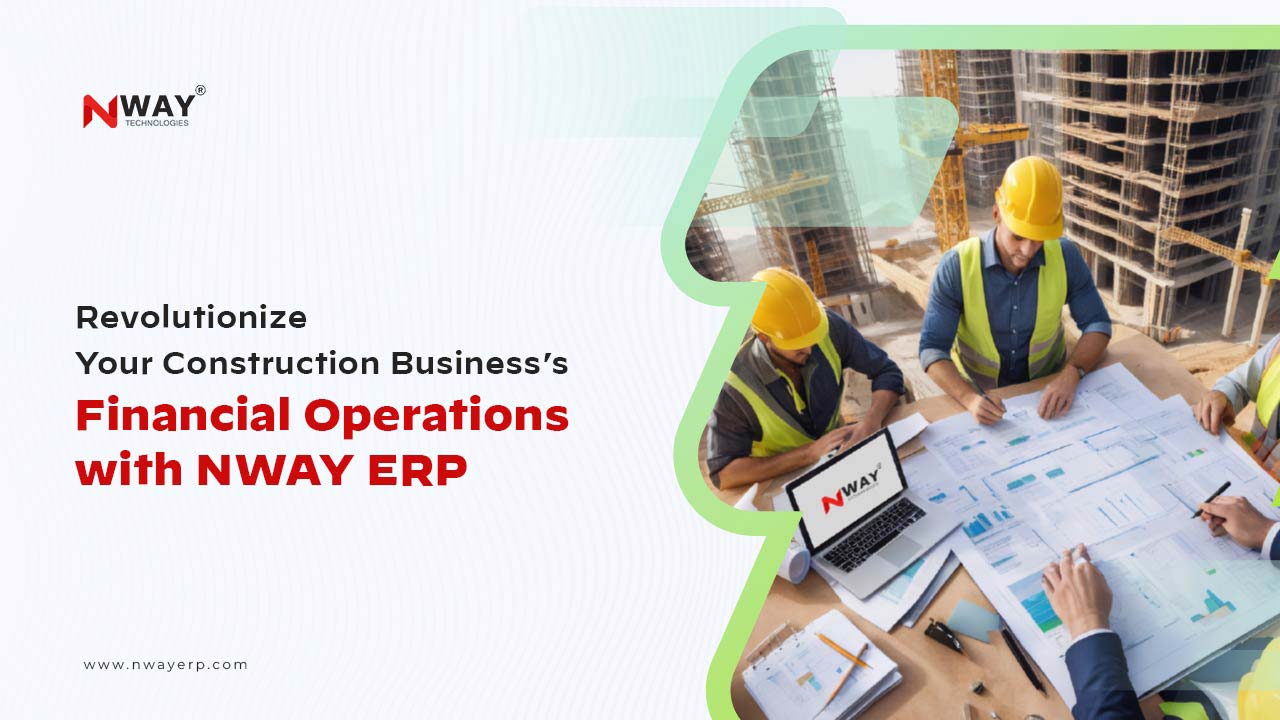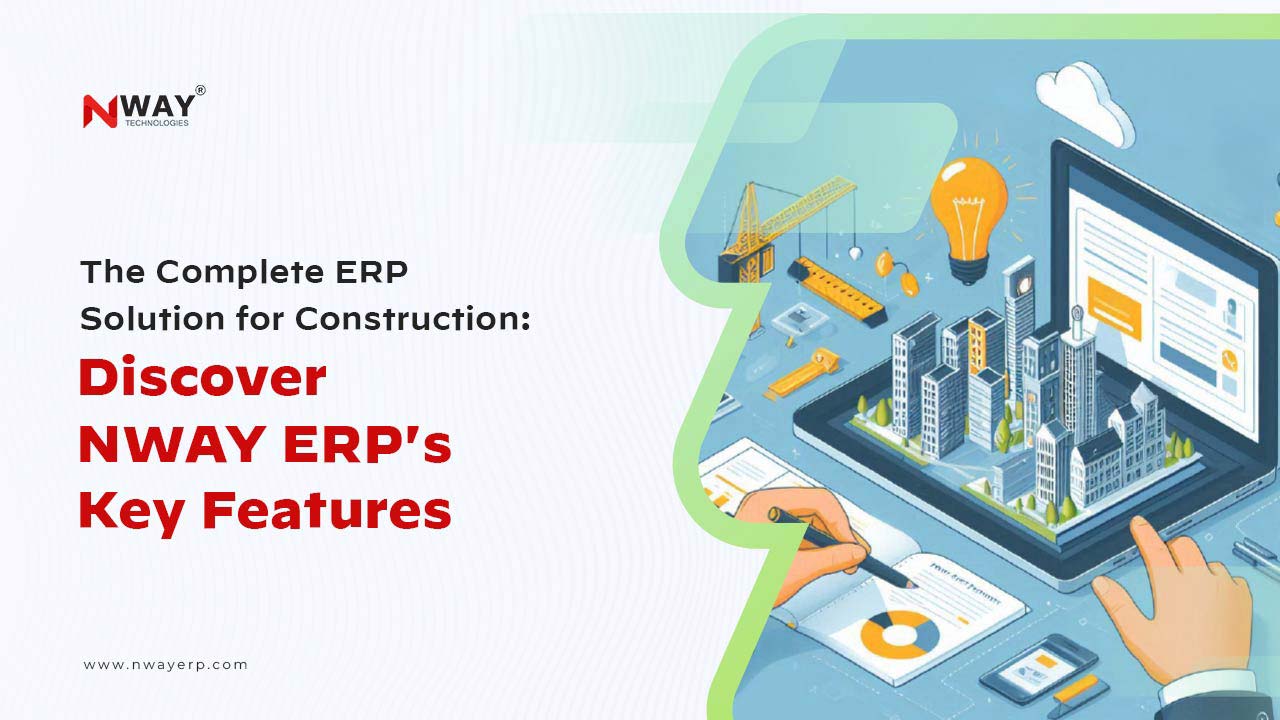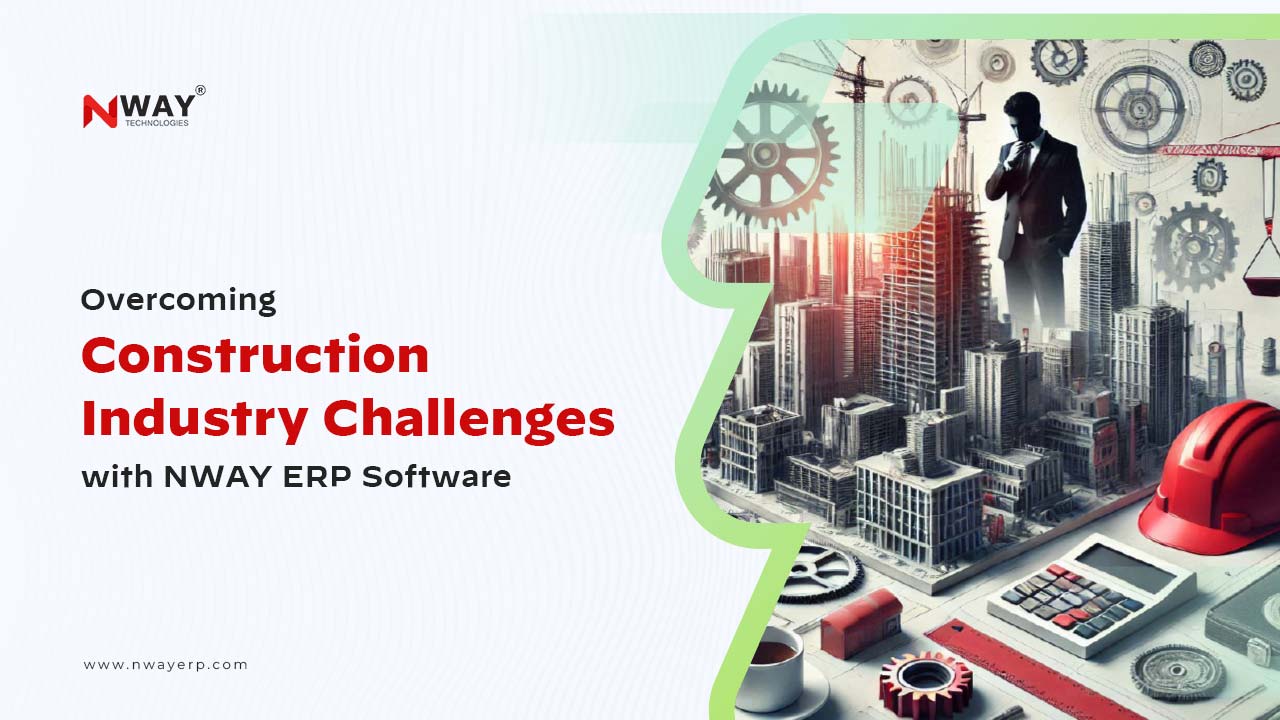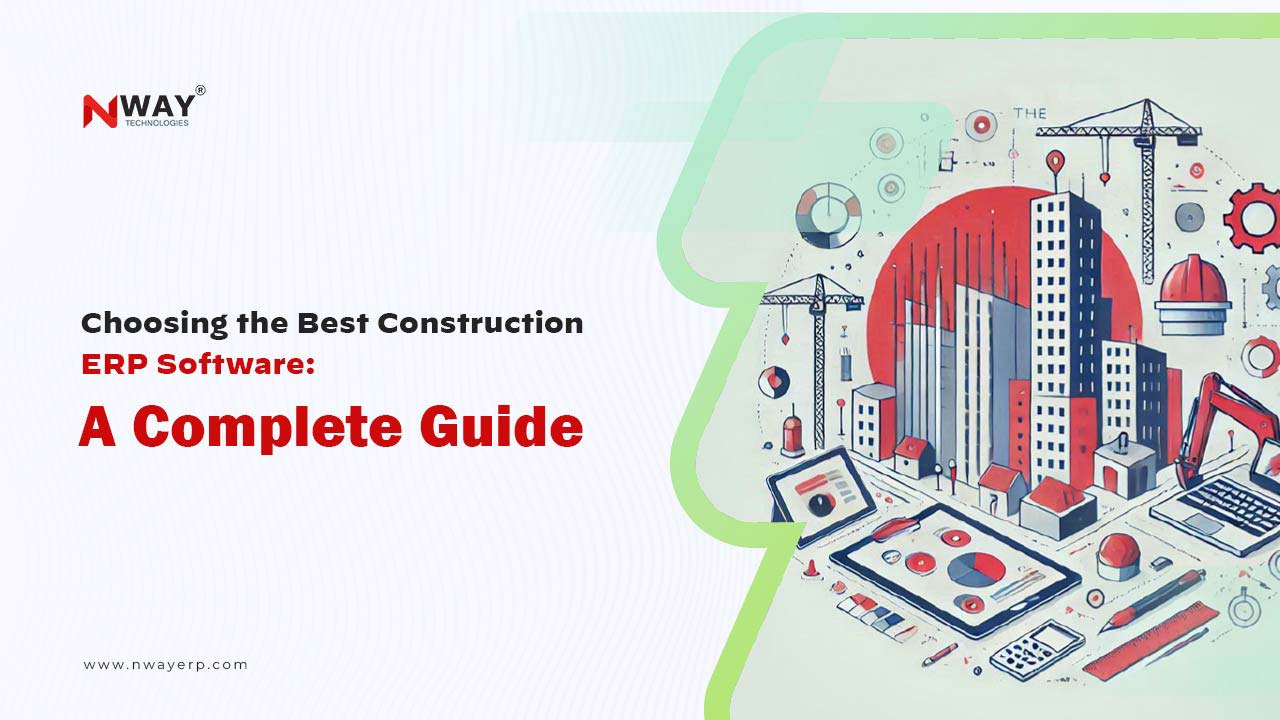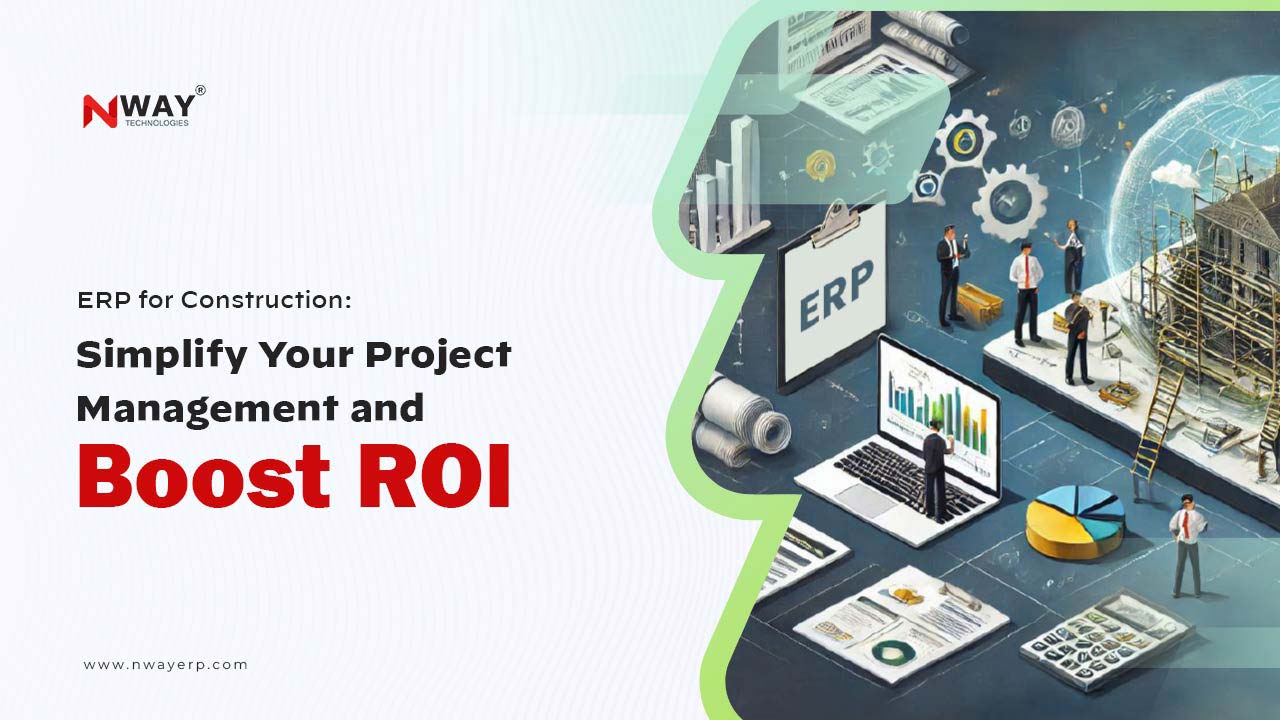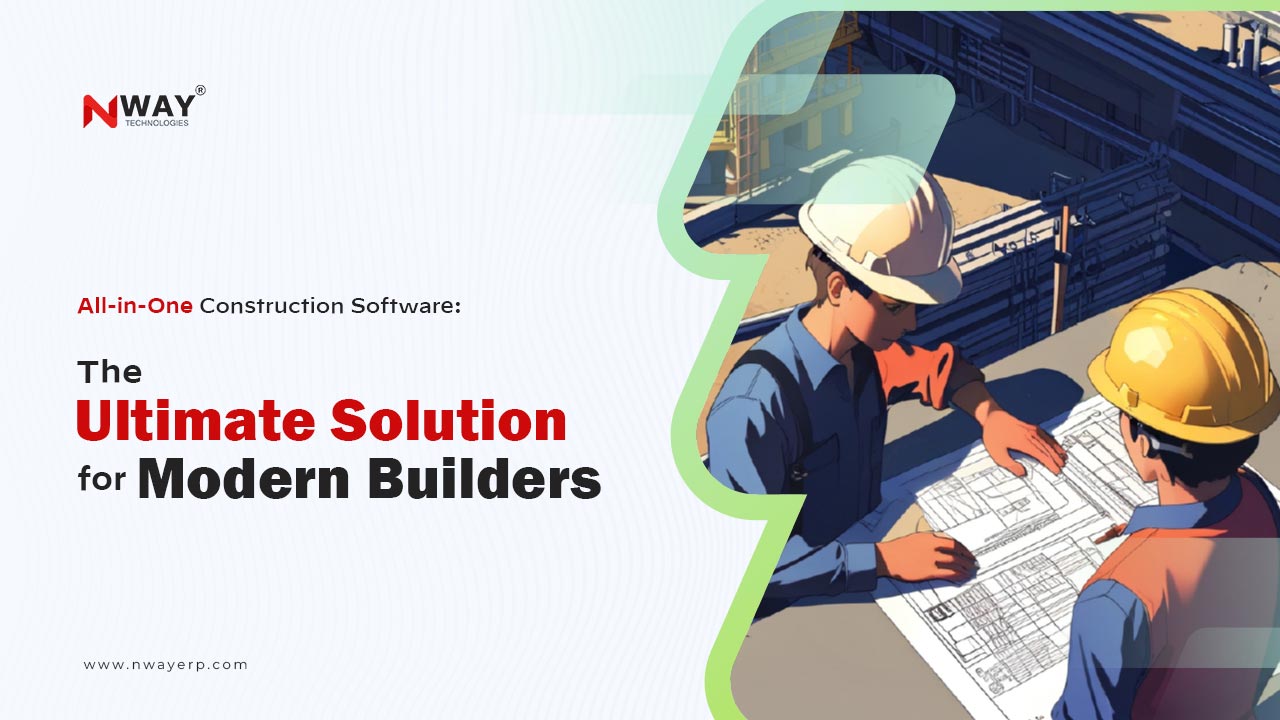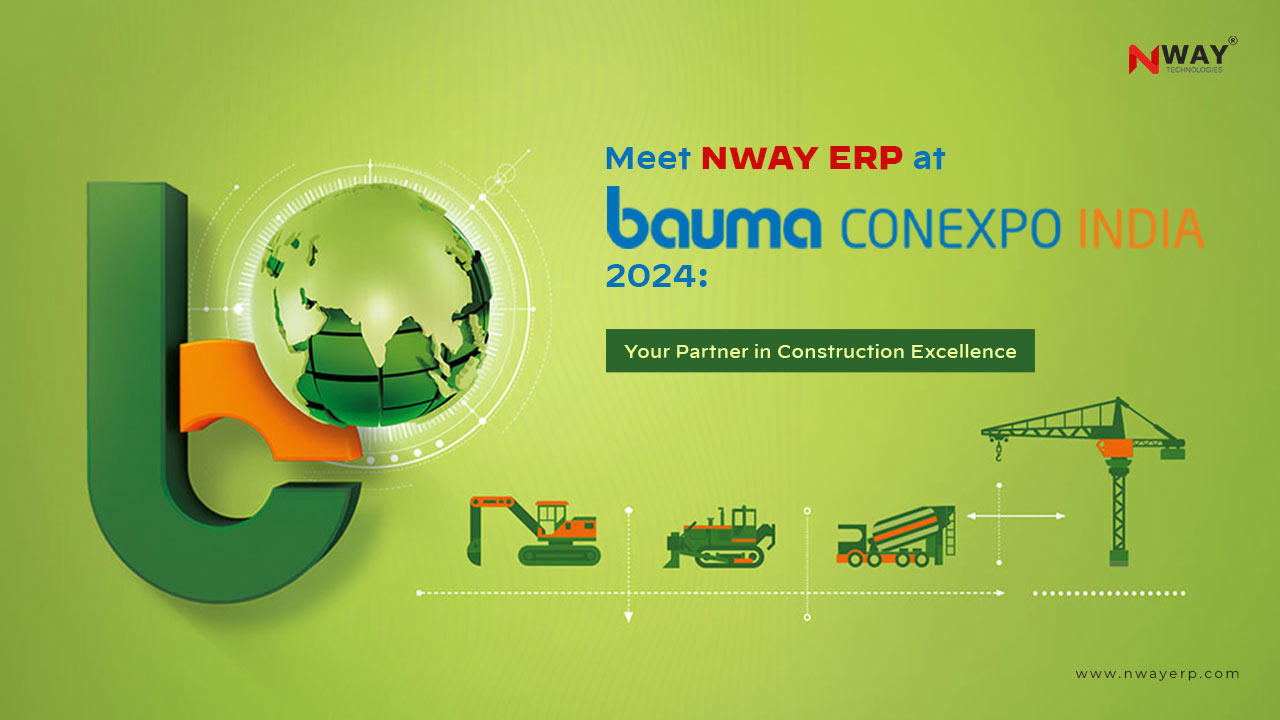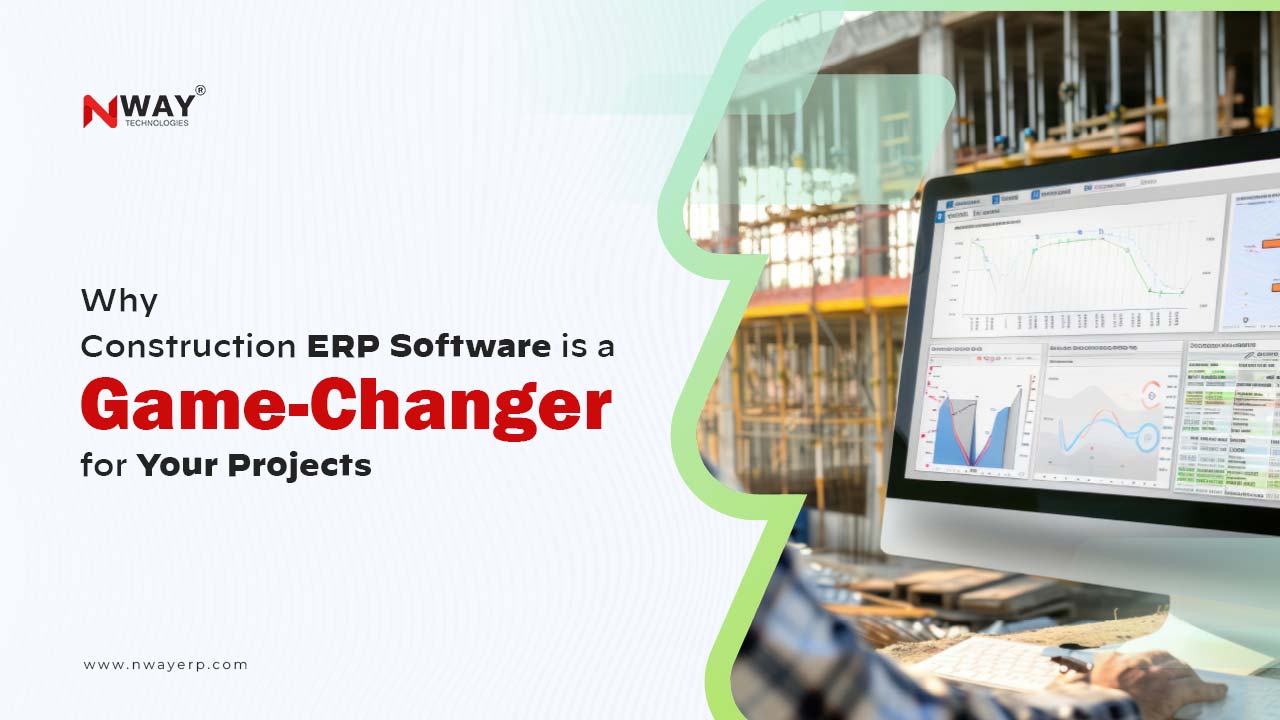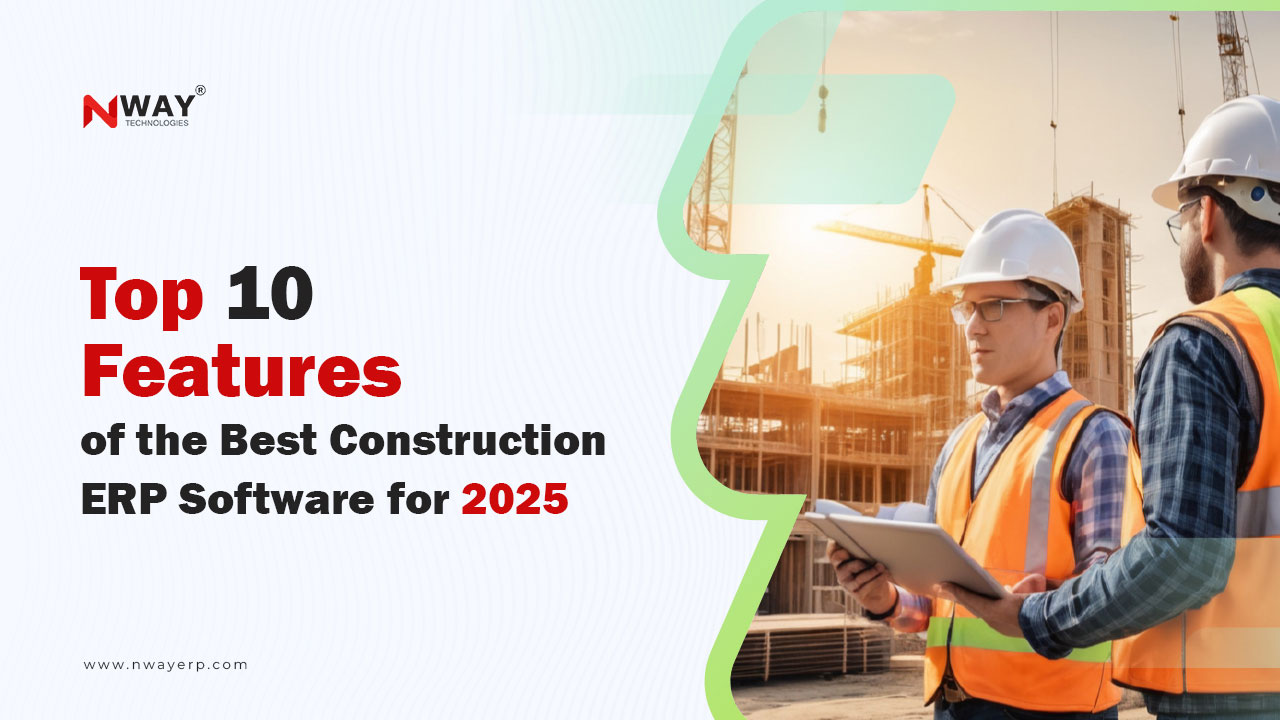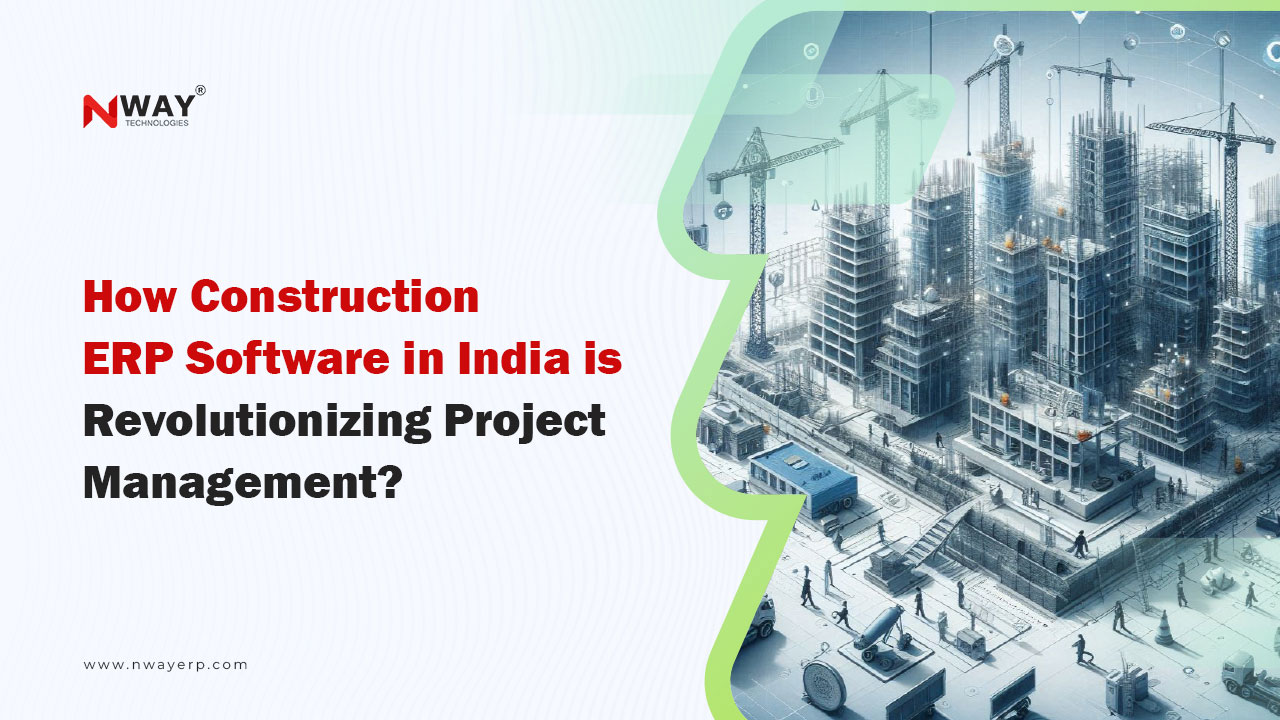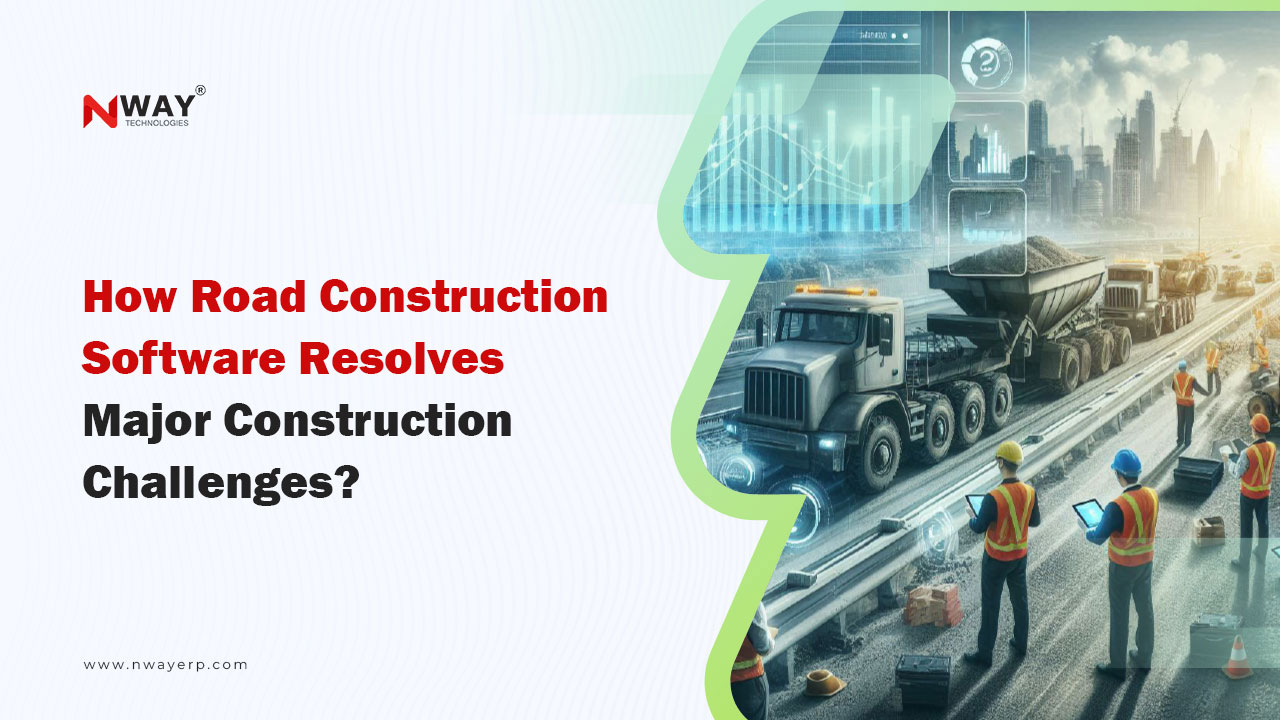In the complicated world of construction, where projects are multifaceted and timelines are tight, efficiency is not just desirable, it’s essential. Enter Enterprise Resource Planning (ERP) software, a game-changer in the construction industry. This blog explores how construction ERP software is revolutionizing project management, boosting efficiency, and driving success in construction projects of all sizes.
Understanding Construction ERP Software:
Construction ERP software serves as a centralized platform that integrates various aspects of construction project management, including project planning, scheduling, resource management, financial tracking, and reporting. Unlike traditional management methods that rely on disjointed systems and manual processes, ERP software streamlines operations, enhances collaboration, and provides real-time visibility into project progress.
Benefits of Construction ERP Software:
1. Streamlining Project Management:
Construction ERP software facilitates seamless project management by centralizing project data and communication channels. With features like real-time project tracking, automated scheduling, and task assignment, construction teams can coordinate efforts efficiently, minimize delays, and ensure project milestones are met on time.
2. Enhancing Financial Management:
The financial aspects of construction projects are notoriously complex, involving budgeting, invoicing, billing, and payroll processing. Construction ERP system simplifies financial management by integrating accounting modules, providing comprehensive financial tracking and reporting capabilities, and ensuring compliance with regulatory requirements, thus enabling better financial decision-making and cost control.
3. Optimizing Resource Allocation:
Efficient resource allocation is critical for project success. Construction ERP software optimizes resource utilization by offering tools for manpower, equipment, and material management. Inventory management features help track and manage construction materials and supplies, while forecasting tools anticipate resource needs, preventing shortages or overages and ensuring smooth project execution.
4. Improving Decision-Making with Data Analytics:
Data-driven decision-making is a cornerstone of effective project management. Construction ERP software provides built-in analytics and reporting tools that offer valuable insights into project performance, productivity, and profitability. By analyzing key performance metrics and KPIs, project managers can identify trends, risks, and opportunities for process improvement, ultimately enhancing project outcomes.
5. Ensuring Compliance and Risk Management:
Construction projects are subject to various regulatory requirements and compliance standards, including safety regulations, environmental laws, and building codes. Construction ERP system helps ensure compliance by integrating regulatory requirements into project workflows, offering risk assessment and mitigation features, and maintaining comprehensive documentation and audit trails.
Challenges and Considerations:
While the adoption of construction ERP software offers numerous benefits, it’s essential to acknowledge and address the challenges that come with implementing such systems:
Resistance to Change: One of the most significant challenges in implementing construction ERP software is resistance to change from employees accustomed to traditional methods. Employees may be hesitant to embrace new technologies or processes, fearing job displacement or increased workload. Overcoming resistance to change requires effective communication, training, and leadership support to ensure buy-in from all stakeholders.
Data Migration Issues: Migrating data from existing systems to the new ERP software can be a complex and time-consuming process. Data integrity issues, compatibility issues, and data cleansing challenges may arise during the migration process, leading to delays and disruptions. It’s essential to carefully plan and execute data migration strategies to minimize risks and ensure the accuracy and completeness of data transferred to the new system.
Comprehensive Training Needs: Training employees on the use of construction ERP software is crucial for successful implementation and adoption. However, providing comprehensive training can be resource-intensive and time-consuming. Construction companies must invest in training programs tailored to the specific needs of different user groups, including project managers, accounting staff, field workers, and administrative personnel, to ensure proficiency and confidence in using the new system.
Integration Complexity: Construction ERP software often needs to integrate with existing systems, such as accounting software, project management tools, and procurement systems. Ensuring seamless integration between disparate systems can be challenging due to differences in data formats, protocols, and APIs. Construction companies must carefully assess integration requirements and work closely with software vendors and IT teams to achieve interoperability and data consistency across systems.
Customization and Scalability: Construction projects vary in size, scope, and complexity, requiring ERP software solutions to be customizable and scalable to meet evolving needs. However, customizing ERP software to align with specific project requirements can be challenging and may lead to increased implementation costs and longer deployment times. Construction companies must strike a balance between customization and standardization to ensure flexibility without compromising system stability and performance.
Future Trends and Innovations:
The future of construction ERP system is characterized by several emerging trends and innovations that promise to reshape the industry:
Cloud-Based Solutions: Cloud-based ERP solutions are gaining popularity in the construction industry due to their flexibility, scalability, and accessibility. Cloud-based ERP systems offer real-time data access from anywhere, enabling remote collaboration, mobile workforce management, and enhanced data security. As construction companies increasingly embrace cloud technology, the demand for cloud-based ERP solutions is expected to rise.
Mobile Accessibility: With the proliferation of smartphones and tablets, mobile accessibility has become a key requirement for construction ERP software. Mobile ERP applications enable field workers to access project data, submit time sheets, and update project statuses in real-time from their mobile devices, improving communication, productivity, and decision-making on-site. Mobile ERP solutions are poised to become indispensable tools for construction project management in the future.
Artificial Intelligence (AI) and Machine Learning: AI and machine learning technologies are transforming construction ERP software by automating routine tasks, analyzing data patterns, and predicting project outcomes. AI-powered ERP systems can optimize resource allocation, detect anomalies, and identify opportunities for cost savings and process improvements. As AI and machine learning capabilities continue to evolve, construction ERP software will become smarter, more adaptive, and more predictive, driving greater efficiency and innovation in the industry.
Blockchain Technology: Blockchain technology holds promise for enhancing transparency, security, and trust in construction project management. By creating immutable, tamper-proof records of transactions and project data, blockchain-enabled ERP systems can streamline payment processing, contract management, and supply chain logistics, reducing disputes, fraud, and delays. As blockchain technology matures and gains wider acceptance, construction ERP software is likely to incorporate blockchain features to enhance data integrity and accountability.
Internet of Things (IoT) Integration: The Internet of Things (IoT) is revolutionizing construction project management by connecting physical devices and equipment to the internet, enabling real-time monitoring, tracking, and control. Construction ERP software can integrate with IoT sensors, wearables, and smart devices to collect data on equipment utilization, environmental conditions, and worker safety, providing valuable insights for decision-making and performance optimization. As IoT adoption accelerates, construction ERP software will play a crucial role in harnessing IoT data to drive efficiency and innovation in construction projects.
Read More : Exploring the Impact of Road Construction ERP Software
Conclusion:
The future of construction ERP software is bright, with emerging trends and innovations poised to transform project management practices and drive greater efficiency, productivity, and success in the construction industry. By addressing the challenges of implementation and embracing the opportunities presented by future trends, construction companies can leverage ERP technology to stay ahead of the curve and thrive in an increasingly competitive market landscape.
Construction ERP system is a game-changer for the construction industry, empowering companies to streamline project management, enhance efficiency, and achieve greater success in their projects. By leveraging the power of ERP technology, construction companies can overcome the challenges of the industry and pave the way for a brighter, more efficient future.
